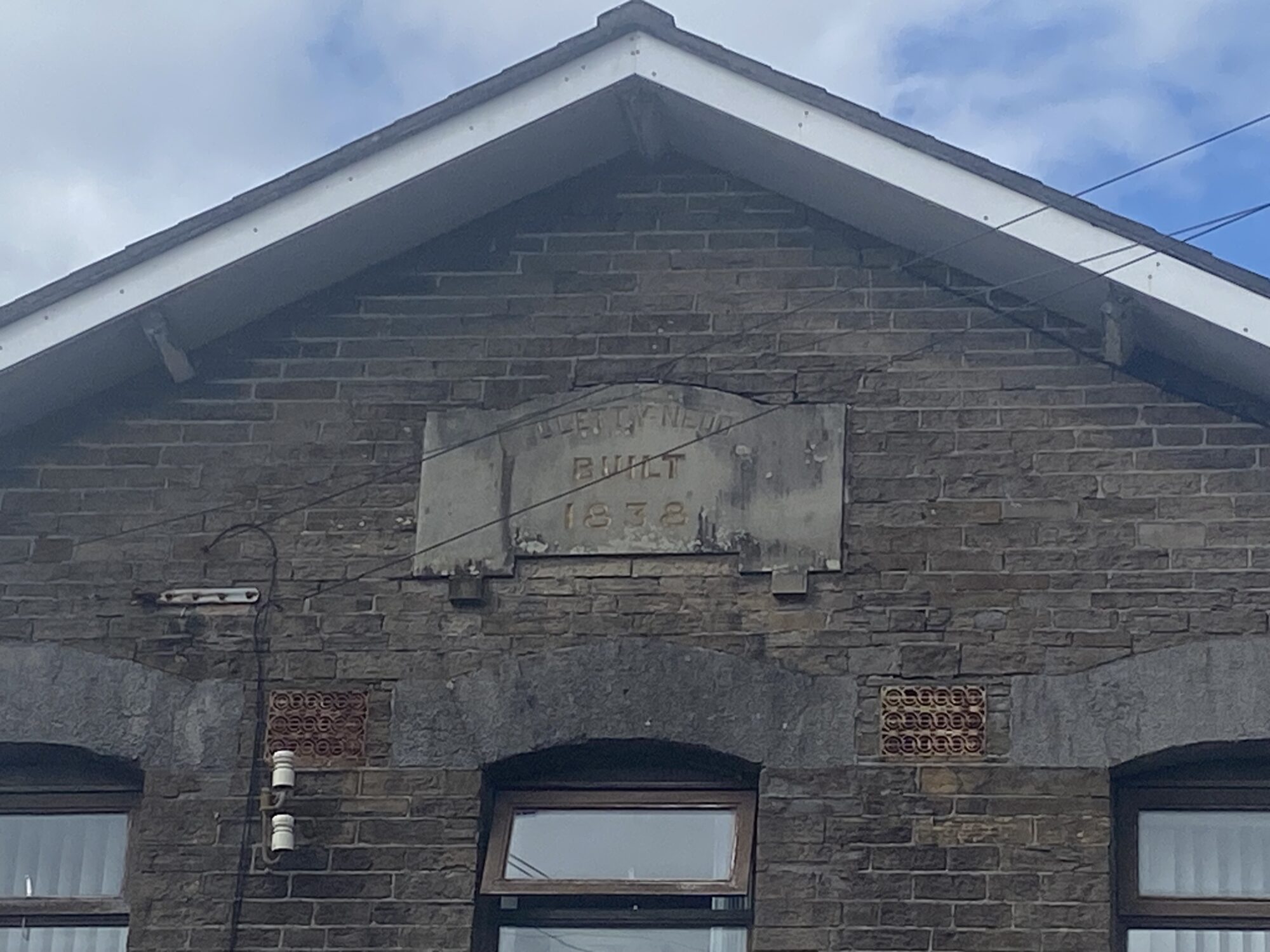Before YMCA Neath stood on this site, it was home to the Neath Union Workhouse.
Built in the mid-19th century, the workhouse was part of a nationwide network created under the Poor Law Amendment Act of 1834. Its purpose was stark: to provide shelter, food, and basic care for those in extreme poverty, but in conditions deliberately made austere to discourage all but the most desperate from seeking help.
Life inside was often unforgiving. Men, women and children were separated from one another, sometimes for years, and daily life was ruled by strict routines. Residents were expected to work long hours in return for their keep — breaking stones for road building, picking apart old rope fibres (known as oakum-picking), or undertaking gruelling laundry duties. Even children were expected to contribute.
Yet, for many, the workhouse was the only alternative to starvation or sleeping on the streets. It was a harsh refuge, but still a lifeline in an era before pensions, unemployment benefits, or the NHS.
As the 20th century approached, attitudes towards poverty and welfare began to change. New laws, improved social services and community support gradually made the workhouse system obsolete. The Neath Workhouse closed in the early 1900s, leaving its site vacant — a silent witness to decades of hardship.
In the decades that followed, a transformation began. YMCA Neath saw the potential to breathe new life into this space, creating a place that stood for compassion, dignity and opportunity. Where once the most vulnerable were housed under strict discipline, the grounds became home to an organisation dedicated to inclusion, wellbeing, and community growth.
Today, this same site is a hub of support and belonging for people of all ages and backgrounds.
Wyrcws Castell-nedd– Llety Nedd
Cyn cyfnod YMCA Castell-nedd, bu’r safle hwn yn gartref i Wyrcws Undeb Castell-nedd. Roedd y wyrcws, a adeiladwyd yng nghanol y 19eg ganrif, yn rhan o rwydwaith cenedlaethol a grëwyd dan Ddeddf Newydd y Tlodion yn 1834. Roedd ganddo bwrpas digon poenus: darparu cysgod, bwyd, a gofal sylfaenol i’r rhai mewn tlodi eithafol, ond o dan amodau bwriadol lym a fyddai’n atal pawb ond y rhai mwyaf diymgeledd rhag gofyn am gymorth.
Yn y wyrcws, roedd bywyd yn aml yn ddidostur. Byddai’r dynion, y menywod a’r plant yn cael eu gwahanu, am flynyddoedd weithiau, ac roedd eu bywyd dyddiol yn dilyn trefn gaeth. Roedd disgwyl i’r preswylwyr weithio oriau hir i ennill eu tamaid — malu cerrig er mwyn adeiladu ffyrdd, datod hen raffau (plicio ocwm fel y’i gelwid), neu gyflawni gwaith blinderus yn y golchdy. Roedd disgwyl hyd yn oed i’r plant gyfrannu.
I lawer, y wyrcws oedd yr unig ddewis i arbed llwgu neu gysgu ar y stryd. Er mor galed y lloches, roedd yn dal yn achubiaeth mewn oes cyn bod pensiynau, budd-daliadau diweithdra neu’r Gwasanaeth Iechyd Gwladol i’w cael.
Wrth i’r 20fed ganrif agosáu, dechreuodd agweddau at dlodi a lles newid. O ganlyniad i ddeddfau newydd, gwasanaethau cymdeithasol a chymorth cymunedol gwell, daeth system y wyrcws i ben yn raddol. Caeodd Wyrcws Castell-nedd ar ddechrau’r 1900au, gan adael safle gwag — yn dyst mud i ddegawdau o galedi.
